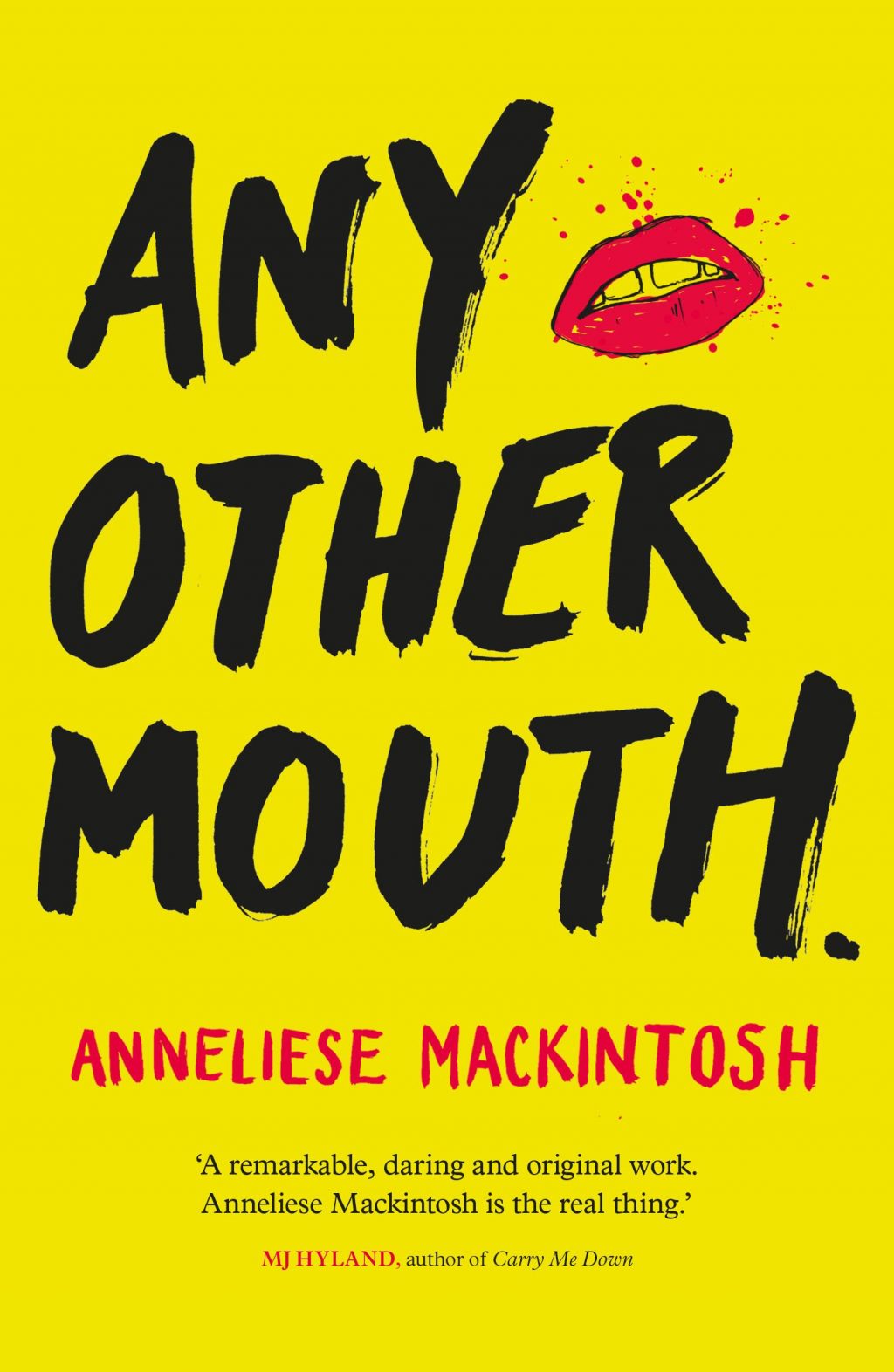Anneliese Mackintosh’s debut short story collection begins on an unnumbered page, obscured among the standard initial copyright & about the author pages. What I’m saying is that it’s a page you might miss, if you were a casual reader.
It’s a page you don’t want to miss. Here’s what it says:
- 68% happened.
- 32% did not happen.
- I will never tell.
With those three short sentences, Mackintosh kicks off a series of somewhat true stories based on her life – the main character, Gretchen, bears likeness to the author, as Mackintosh recently acknowledged at her Manchester book launch. But that first page leaves you wondering, through every sometimes-brutal, sometimes-heartbreaking, sometimes-precious tale, whether this bit really happened – and whether that bit was actually much worse than described…
As a reader, there is something special about that wondering. When you’re working with memory, writing about events that happened decades ago – how much can really be non-fiction? And that blurry line between fiction and non-fiction… what is the point of that line, in literature, in storytelling?
—
Mackintosh’s stories are interconnected through Gretchen, creating an almost-novel that also challenges the short story form – in one story, the voice flicks between Gretchen’s and her parents’, telling the story of how Gretchen’s parents met & fell in love. In another, she takes the formula of a self-help pamphlet to express how painfully useless self-help pamphlets can be for their intended audience. In telling the story of dating two people at once, Mackintosh doles out her own terrible advice on how to manage it successfully: you definitely need an eggbox.
Mackintosh’s language is direct, honest & straightforward. They are easy stories to read. But it can be horrifying. Mackintosh seems to have held nothing back with her debut – she bares her closely held dream of a life & maybe a baby, with her new boyfriend. She bares her painful heartbreaks, ill-advised (and frankly stunning) parental behavior, frightening sexual assault, self-harm and gag-inducing self-medication. They are written well and clearly; they are indeed easy stories to read. But they are not easy stories to feel.
One of the lovely things about reading this book is this: if you didn’t know her, by the end, you feel you know Mackintosh – her honesty cuts deep. You might see her at a café in Manchester and think you know why she’s having herbal tea. But I wouldn’t forget that 32%. I would keep wondering.
(Full disclosure: I know Anneliese Mackintosh a little bit. I consider her a friend because she was once having a difficult night & I took her home & I made sure she brushed her teeth & drank water & didn’t let her leave the next morning without eating some crackers. But we didn’t talk about anything that’s in this book. I don’t know her well.)

